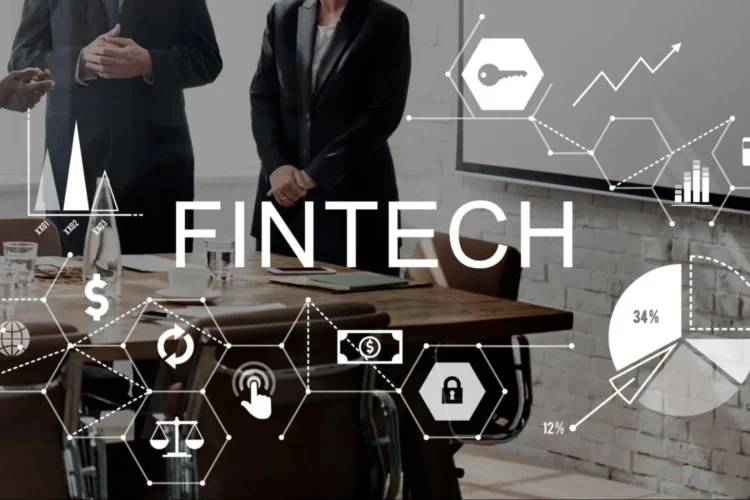
From fashion campaigns to tech product launches, brands are experimenting with virtual influencers – AI-generated personalities that look, talk, and even behave like real people. While human influencers still lead in trust and authenticity, AI-powered avatars are quietly reshaping how brands think about scalability and cost efficiency.
From fashion campaigns to tech product launches, brands are experimenting with virtual influencers – AI-generated personalities that look, talk, and even behave like real people. While human influencers still lead in trust and authenticity, AI-powered avatars are quietly reshaping how brands think about scalability and cost efficiency.
Let’s break it down.
What Are AI Influencers?
AI influencers are computer-generated characters powered by advanced technologies like generative AI, CGI, and machine learning. Unlike human creators, they don’t age, demand higher pay, or risk scandals. You can also use our AI Instagram Caption Generator to create engaging captions that complement your brand’s AI influencer campaigns effortlessly.
Some big names are already in the spotlight:
- Lil Miquela (with over 2.6M Instagram followers) is a virtual influencer who collaborates with brands like Prada and Calvin Klein.
- Shudu, considered the world’s first digital supermodel, has worked with fashion houses globally.
- Newer AI avatars are being created at scale using platforms powered by AI video technology (Financial Times).
For brands, these virtual personalities are appealing because they can be controlled, customized, and scaled – something no human influencer can match.
Why Brands Love AI Influencers
- Cost-Effective Campaigns
Unlike human influencers who charge per post or campaign, AI influencers are created once and can deliver unlimited content. - 24/7 Availability
No time zones, no sick days, no vacations – AI avatars are always ready to post. - Creative Flexibility
They can be placed in any setting – whether on Mars or in a luxury Paris café – without the need for production crews. - Brand Safety
Human influencers sometimes land in controversies. AI personas, being fully controlled, reduce the risk of brand damage.
The Human Advantage: Trust & Authenticity
Despite the buzz, studies show consumers still trust human creators more. According to surveys, human influencers outperform AI avatars in engagement, relatability, and emotional connection.
Why?
Because authenticity sells. Audiences know humans live real lives, face real struggles, and have genuine experiences to share. A real person unboxing a gadget or reviewing a skincare product carries weight that a CGI character struggles to match.
Even Unilever, which has tested AI in viral marketing campaigns (Wall Street Journal), admits that while AI-generated content can boost scale, the human touch is still key in connecting with consumers.
The Hybrid Future: Collaboration Over Competition
So, is this really a battle between AI and humans?
Not quite.
The future of digital marketing is more likely to be hybrid:
- AI influencers for scalable, creative, and cost-friendly campaigns.
- Human influencers for relatability, storytelling, and authentic engagement.
In fact, some brands are already experimenting with “AI + Human duos” – pairing a human influencer with their AI twin or sidekick to deliver multi-layered campaigns.
Who Will Win?
The short answer: Both.
- AI influencers will dominate cost-sensitive, global-scale campaigns.
- Human influencers will remain essential for trust, community-building, and emotional resonance.
Instead of competing, the smartest brands will leverage the strengths of both worlds to create powerful, future-ready digital marketing strategies.
✅ Key Takeaway: AI influencers aren’t here to replace humans – they’re here to expand what’s possible in digital marketing. The brands that strike the right balance between AI scalability and human authenticity will win the next phase of the digital marketing game.



